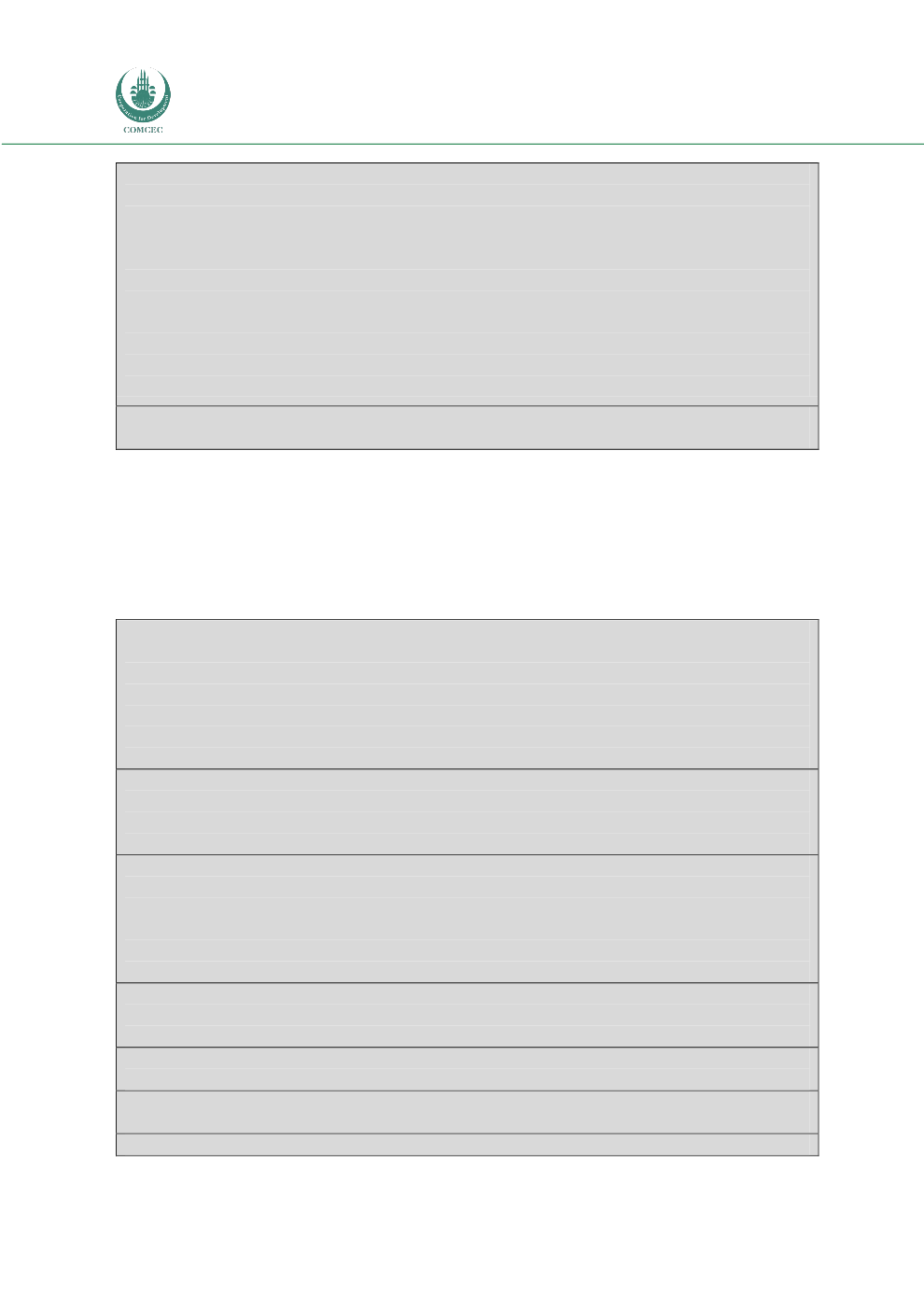

Risk Management in
Islamic Financial Instruments
38
Sources of fund:
Common sources of fund for microcredit programs are members’ savings,
grants from external (western) donors and currently from the Palli Karma Sahayak
Foundation (PKSF), an organization established by the Government of Bangladesh to provide
loan to successful NGOs. Islamic NGOs are fund starved although they have ample
opportunity to expand and there is strong demand in the rural for Islamic micro financial
services. Only Islamic Bank has adequate resources to expand its micro financial services.
Four Islamic NGOs in the sample received some fund PKSF. International Islamic donor
agencies normally do not provide fund for microcredit, they are more interested in relief and
rehabilitation programs. Islamic NGOs also lack guidance for improving their management
and professional skills. That makes Islamic NGOs as followers rather than leaders in the
sector.
Future Trends: Both groups of NGOs will be focusing on two issues: expansion of programs by
accepting more and more members and achieving financial viability of the programs
Ahmed, Ashraf, and Hassan (2002) claim that a diversion of microcredit for consumption
purposes by the borrowers is one of the main reasons for credit default (in conventional
microfinance), but can be resolved if IMFIs are designed in an integrated manner to include the
two basic and traditional institutions of Islam, the
Awqaf
and the
Zakah
, with Islamic
microfinance into a single model.
Here is their model (Ahmed, Ashraf, and Hassan, 2002):
a. Organization:
In modern times, management inefficiency and increased government
involvement are two important factors leading to decrease in public participation in Zakat
and Awqaf management funds. As a result, government and donor agencies are increasingly
focusing on more private participation or NGO (nongovernment organizations) participation
in different development initiatives. Considering these factors, we propose that an NGO
abiding by Islamic ethics and norms with the poverty alleviation objective would be the ideal
form of organization.
b. Mission and Vision:
The vision of the NGO should be to create a poverty-free society
based on the Islamic principles of equality, social justice, and balanced growth. The mission of
the NGO should be collecting Zakat and Awqaf contributions from a specified locality and
providing a credit facility to the poorest segment of society.
c. Objective:
The main objective of the NGO should be to reduce poverty through the
balanced growth and development of different segments of society. The NGO should focus
primarily on developing microbusiness among the poor to enable them to attain a sustainable
income growth and eventually get out of the poverty trap. In addition to its core service of
providing collateral free microfinance to the hardcore poor, the NGO may also provide
financing for other items such as education, health services, and house building.
d. Key Functions:
Using an integrated approach, a single concern would be responsible for
the management of Zakat, Awqaf, and Islamic financing. This organization would perform
three key responsibilities:
1. Collecting and managing Zakat funds from prospective Zakat donors and other Zakat fund
management institutions.
2. Collecting and managing Awqaf funds from prospective Awqaf donors, and other Awqaf
fund management institutions.
In the initial phase, the NGO may concentrate on providing microfinance and collecting funds

















